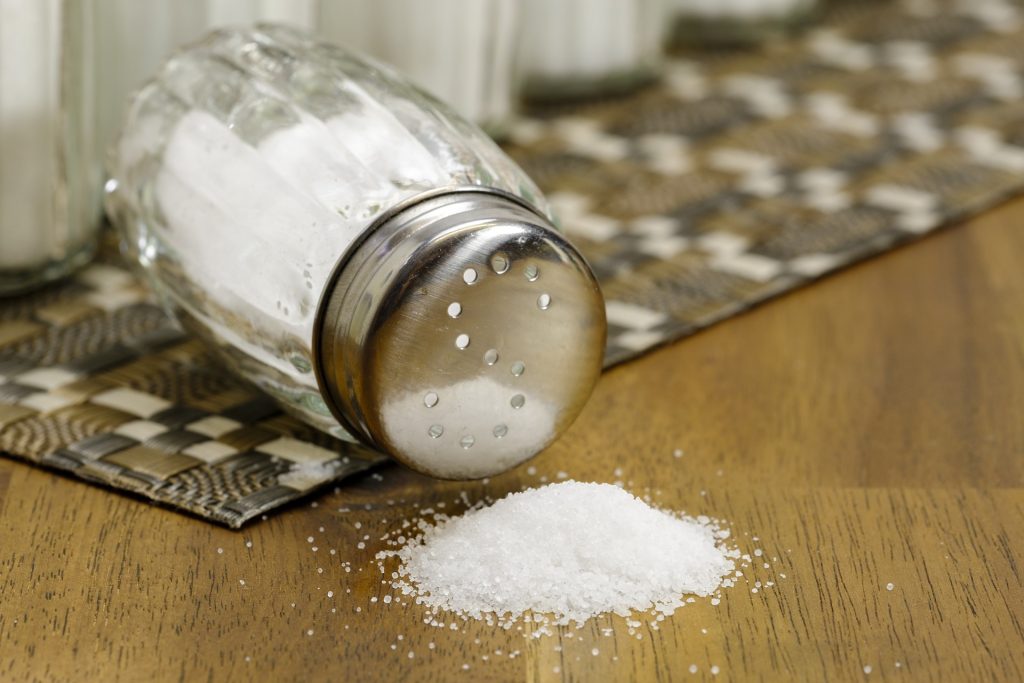
A new study has found that adding salt to the diet of lab mice can suppress the growth of cancerous tumours.
Dietary salt reduction has been stressed by clinicians for many years, as research has shown that a high-sodium diet can result in inflammation, high blood pressure and an increased heart attack risk. Researchers from the Translational Health Science and Technology Institute wondered if the inflammation resulting from a high-salt diet could also confer positive health benefits, such as fighting cancerous tumours.
To find out, the researchers fed two groups of mice with implanted melanoma tumours either a normal diet or a high-sodium diet (4.0% sodium chloride above normal diet) and then measured the differences in tumour suppression abilities between the two groups. They found that the mice on the high-sodium diet had an increase in Bifidobacterium probiotics, leading to an increase in natural killer cells that attack cancerous tumors. They also found an increased ability to inhibit PD-1 proteins which have been found to prevent T cells from attacking tumours.
On close examination, it was found that the high-sodium diet caused the gut barrier to be leakier, enabling the movement of Bifidobacteria from the gut to tumour locations. In addition, they found that once the Bifidobacteria arrived at a tumour, crosstalk between them and the immune cells engaged in attacking the tumour improved the success of the attack.
However, the researchers also found that a low-sodium diet worked in conjunction with several cancer-fighting drugs, showing an increased ability to reduce tumour growth. Since the researchers hypothesised that Bifidobacteria were responsible for the tumour immunity of a high-sodium diet, they performed faecal transplants from mice on a high-sodium diet to those on a normal diet and found that it also improved their ability to fight tumour growth.
The study was published in Science Advances.
Source: MedicalXpress

